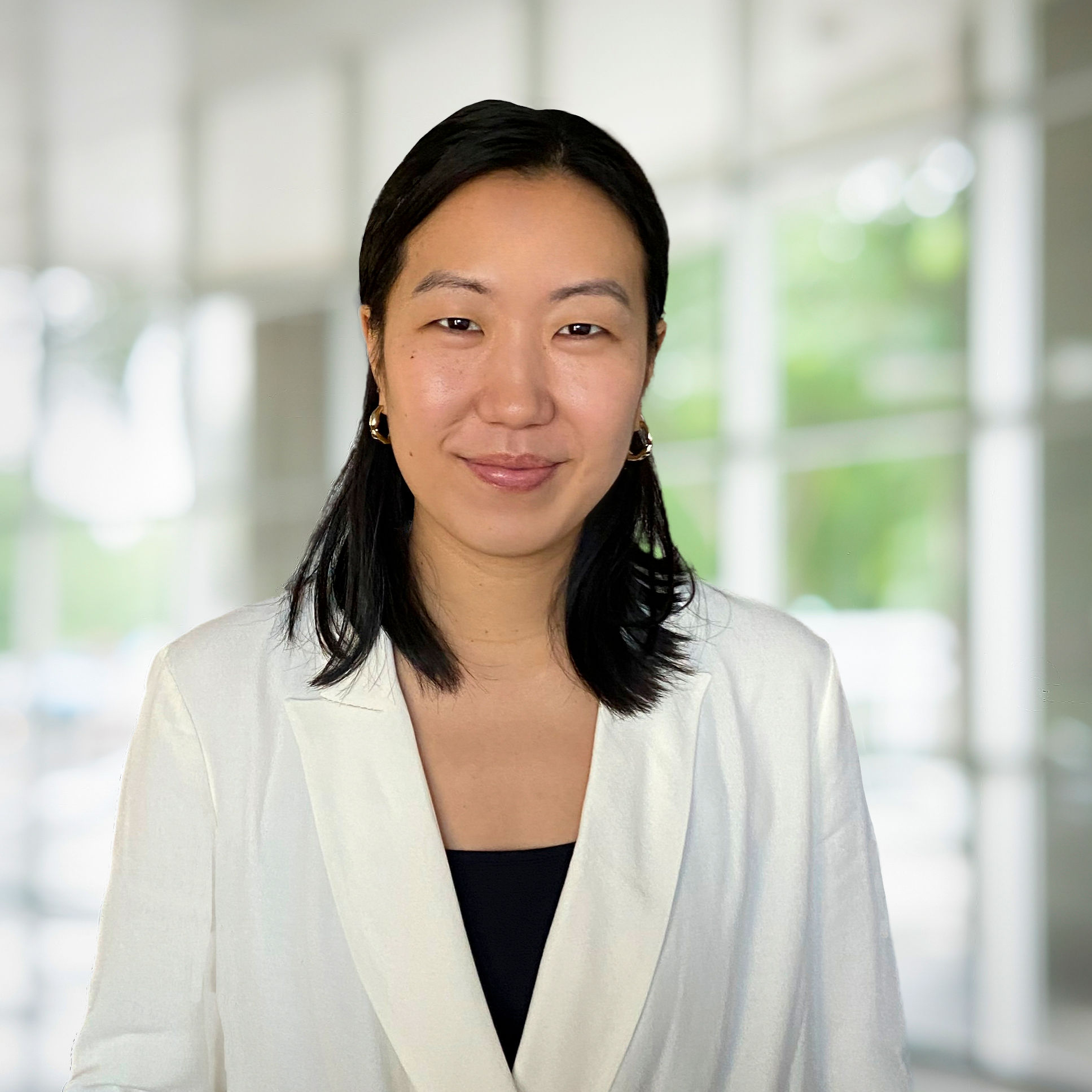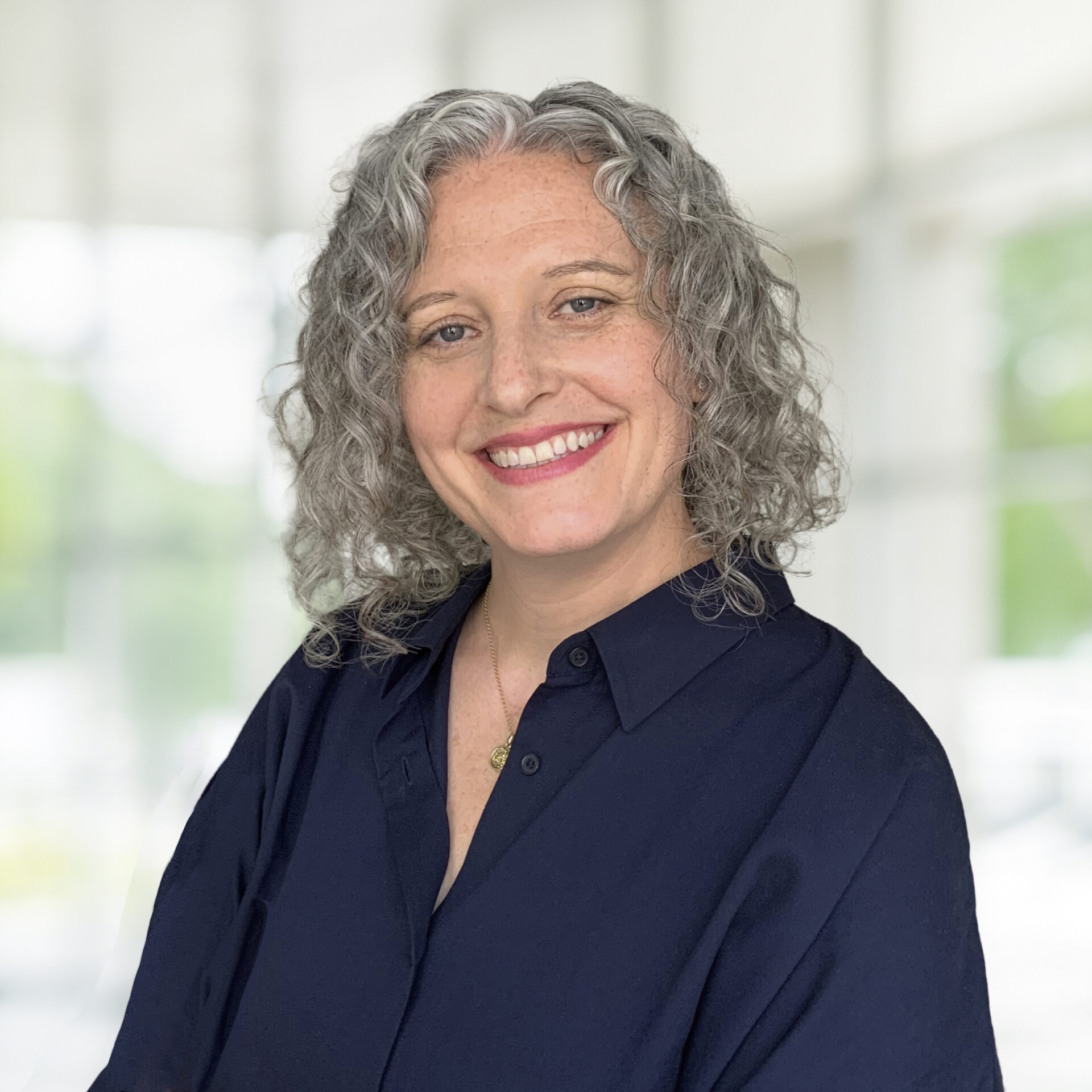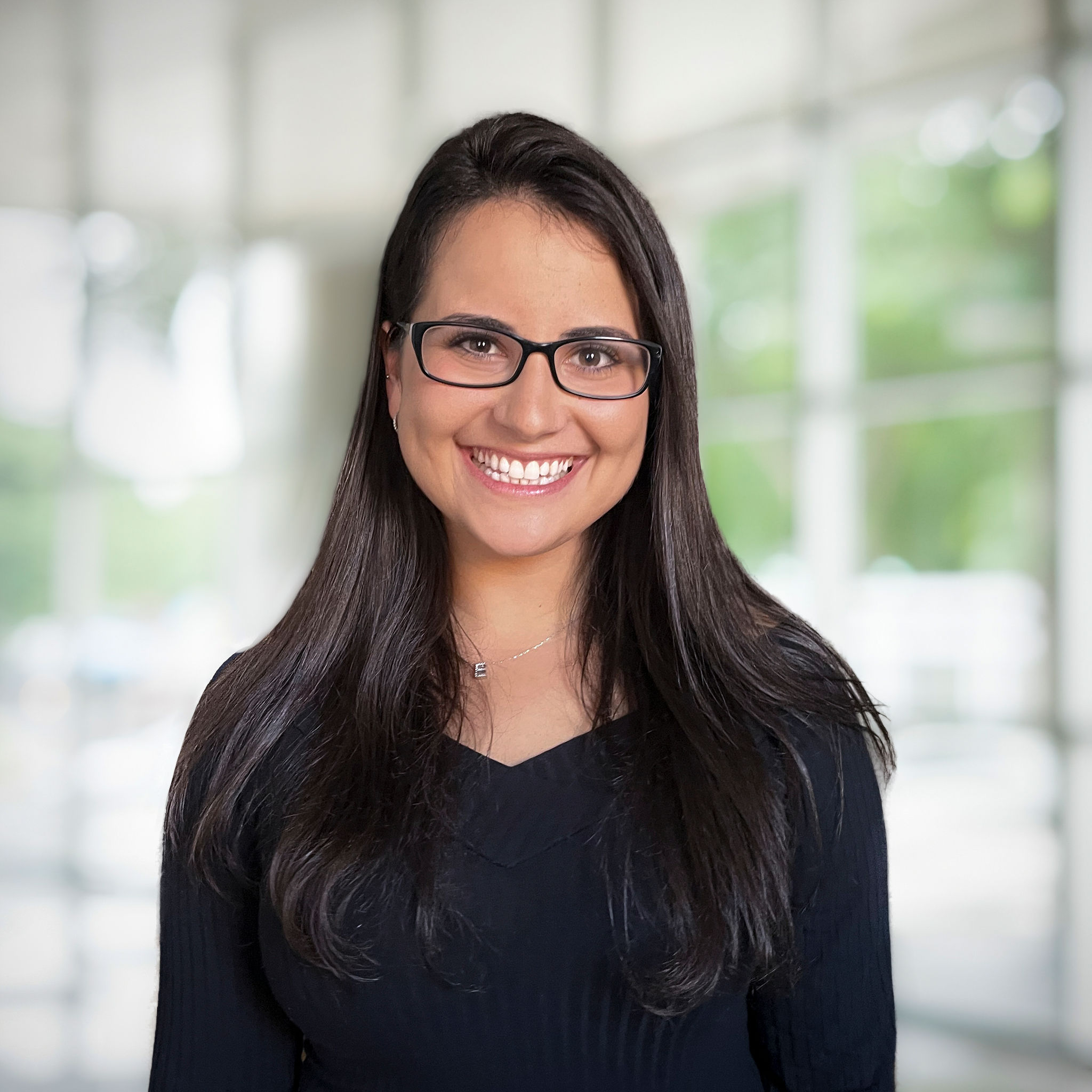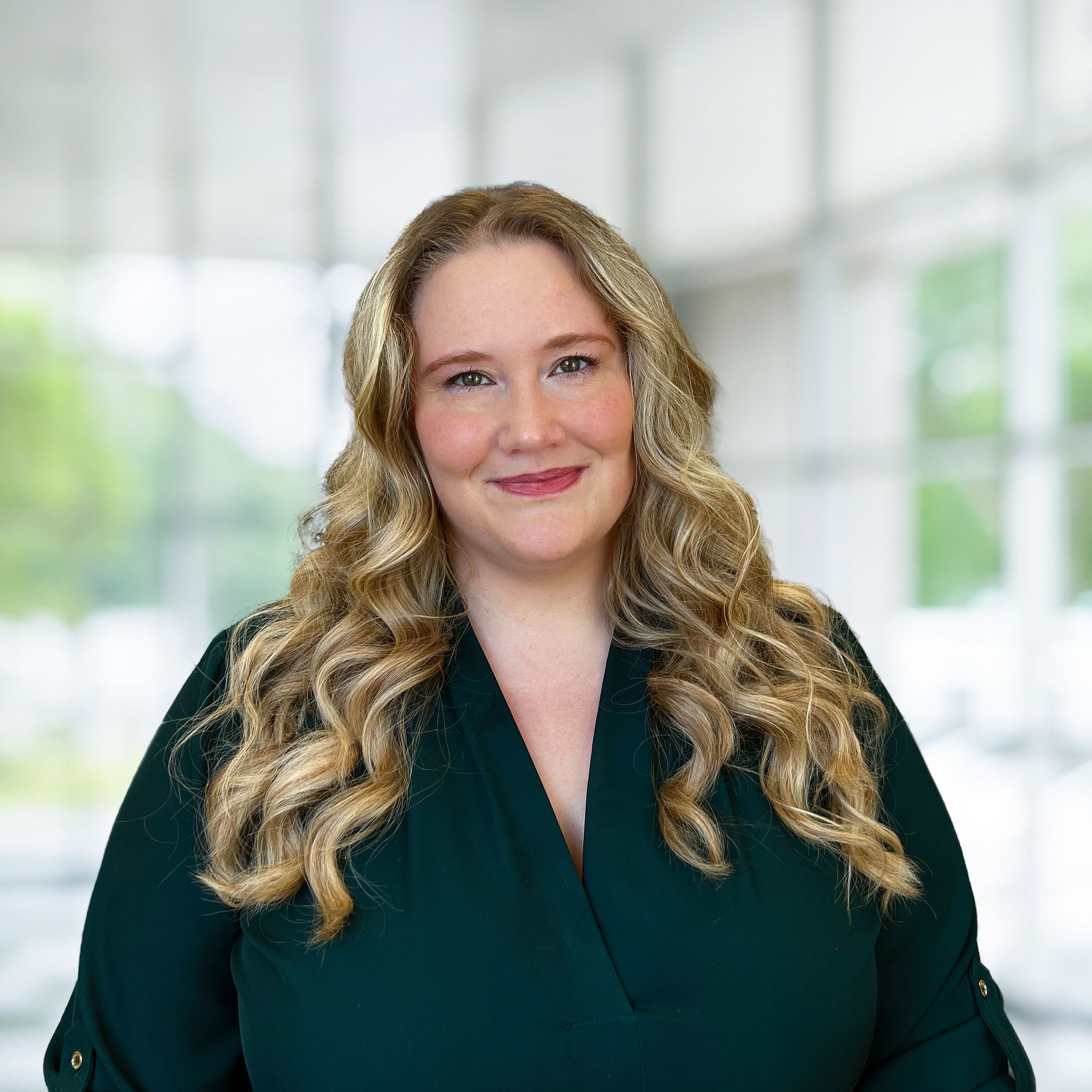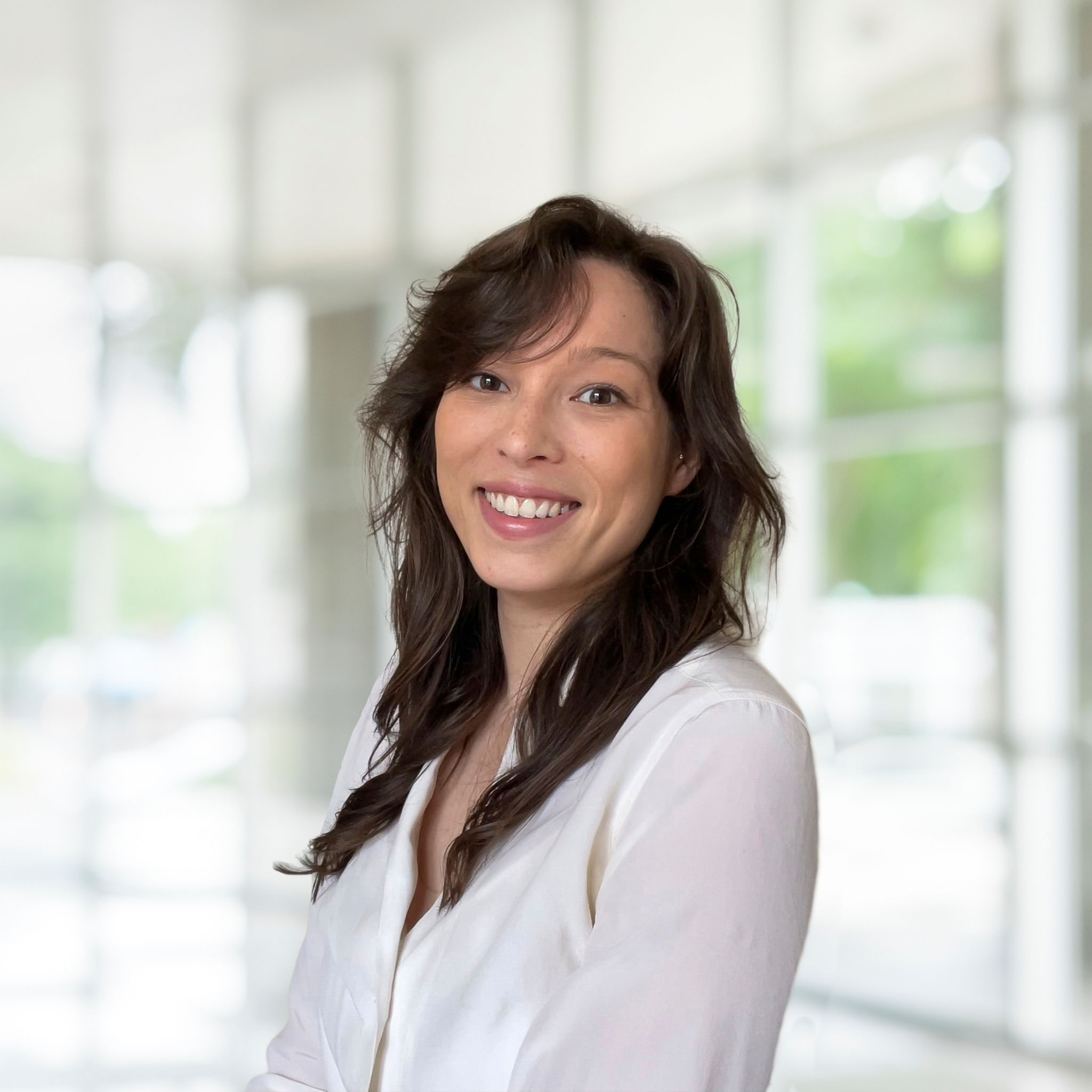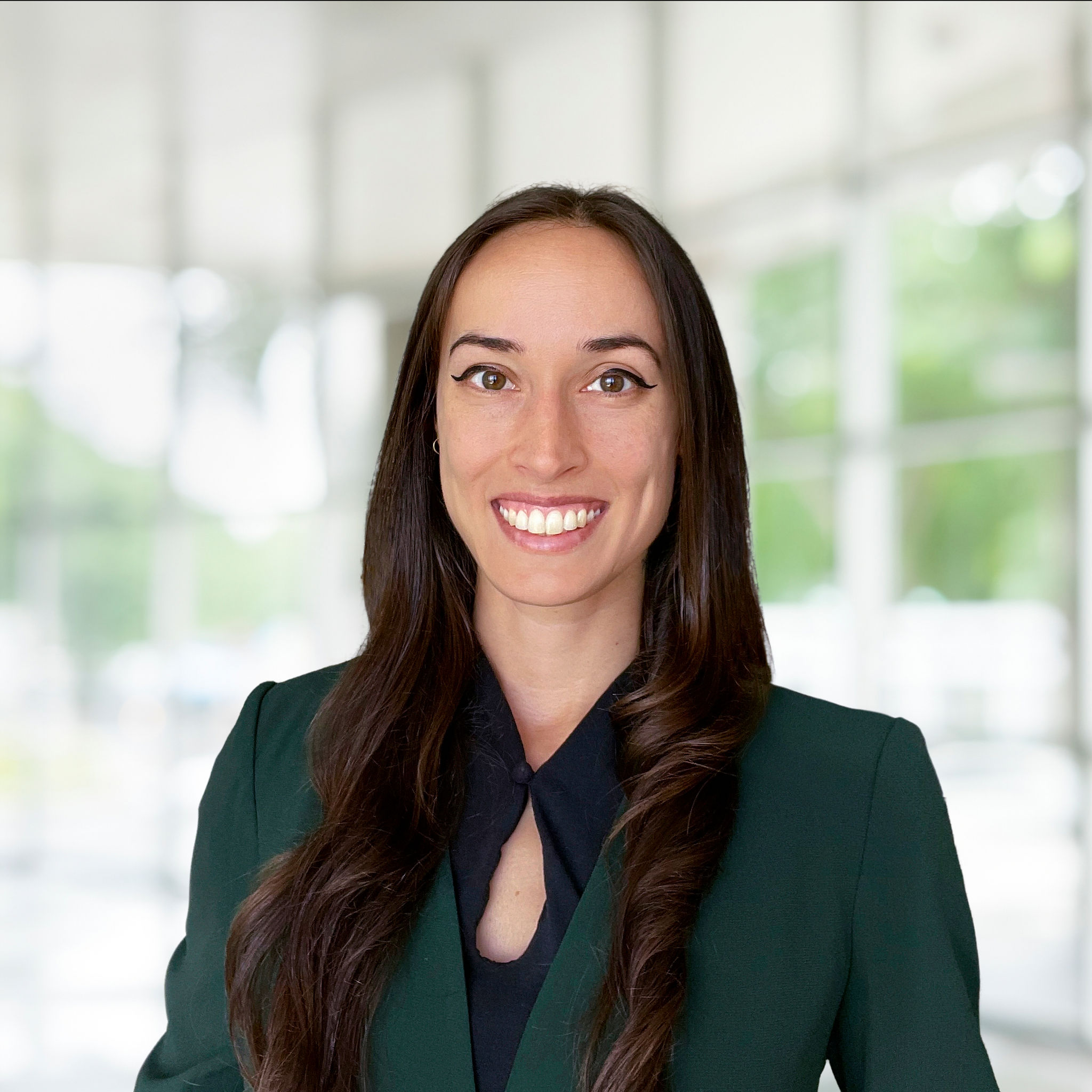The Day Program
What is the Day Program?
Our Day Program is a more intensive level of care that helps new and expecting moms/birthing parents who are having a hard time caring for themselves and/or their baby feel much BETTER – much FASTER.
- A place where you can find a sense of community with others who are struggling during this life transition.
- You will learn concrete skills and acquire new tools to combat PMAD symptoms, allowing you to better manage how you are feeling and increase your ability to look at experiences and situations differently.
- A place where you can learn to trust yourself and build confidence in your abilities to care for your child(ren).
The Day Program is offered both virtually and in person. This determination is made on a case-by-case basis, depending on symptom acuity and patient location. The program runs from 10 am – 3 pm, Monday – Friday, and the average length of stay is anywhere from 4 – 8 weeks.
What does our Day Program look like?
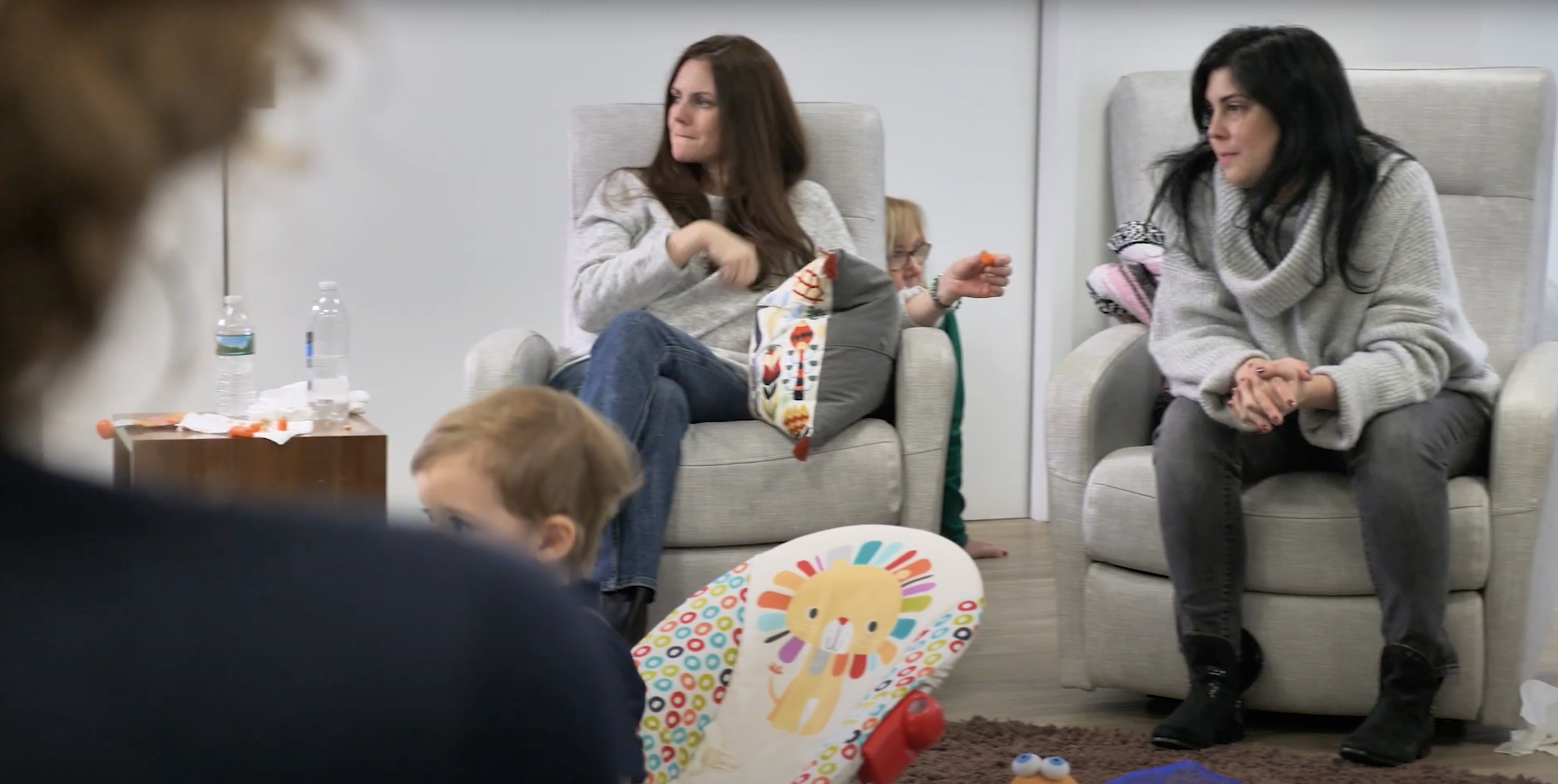
Perinatal Group Therapy
One of the most healing components of the Day Program is the sense of community. Being with other pregnant and postpartum women/birthing people who know what you are going through – because they are experiencing it too.
Our groups are led by seasoned perinatal psychologists, social workers, and specialists. These groups create an opportunity to process the many challenges of motherhood. In the Day Program, participants learn skills to manage prenatal and postpartum anxiety and postpartum depression, receive expert advice on feeding and infant care, practice mindfulness, and incorporate art in the process of healing.
Individual Treatment
Each patient in the Day Program receives individual treatment with a perinatal therapist and a reproductive psychiatrist. Sessions with a therapist take place a few times a week, and sessions with a reproductive psychiatrist take place 1 – 2 times a week. During these sessions, an individual treatment plan will be identified, and the opportunity to discuss PMAD symptoms and progress in further detail.
Many patients decide to take medication to help treat and manage their symptoms, while other patients do not. These medication decisions are made on a case-by-case basis with their reproductive psychiatrist. We also offer family sessions where partners and loved ones can discuss challenges and progress.
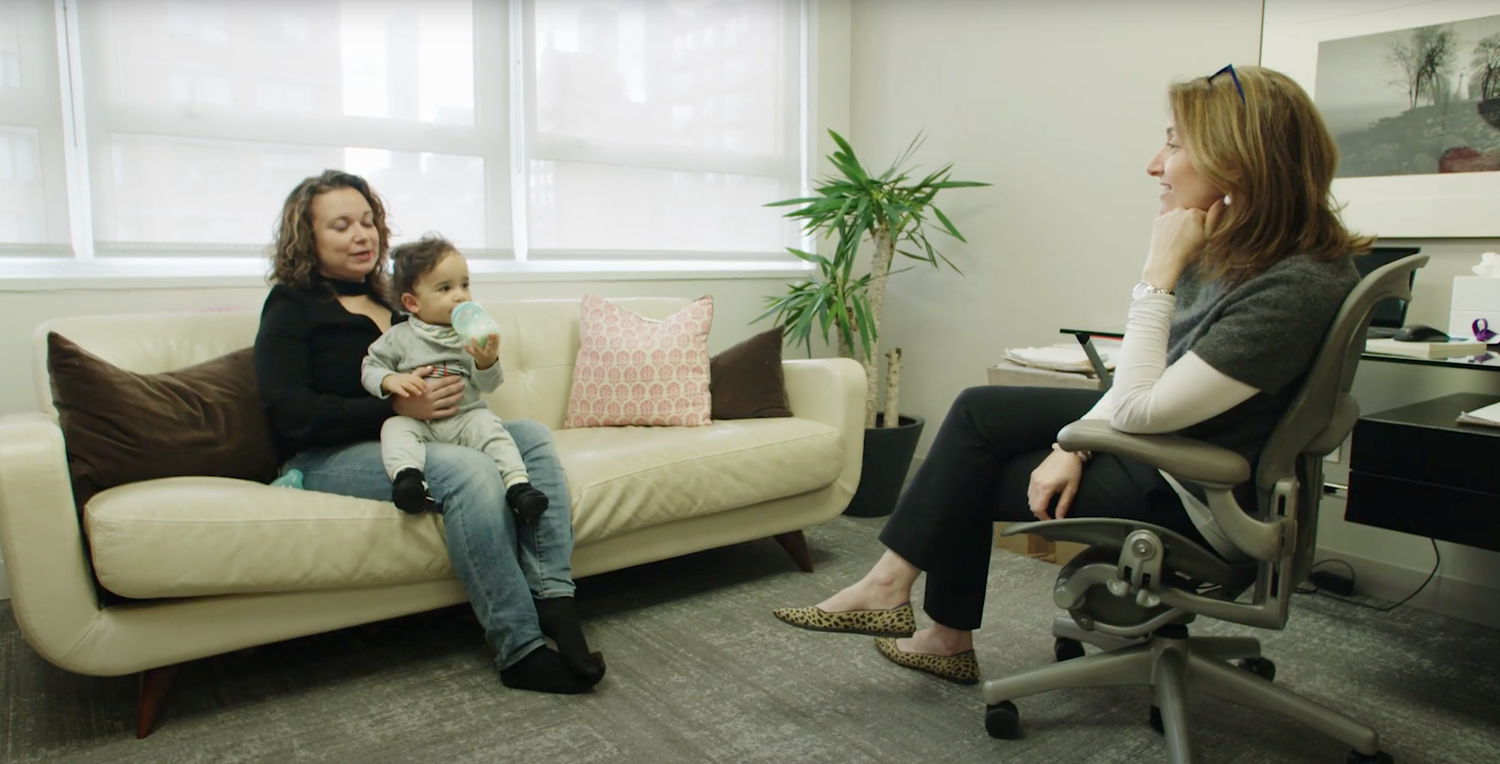

Individual Treatment
Each patient in the Day Program receives individual treatment with a perinatal therapist and a reproductive psychiatrist. Sessions with a therapist take place a few times a week, and sessions with a reproductive psychiatrist take place 1 – 2 times a week. During these sessions, an individual treatment plan will be identified, and the opportunity to discuss PMAD symptoms and progress in further detail.
Many patients decide to take medication to help treat and manage their symptoms, while other patients do not. These medication decisions are made on a case-by-case basis with their reproductive psychiatrist. We also offer family sessions where partners and loved ones can discuss challenges and progress.
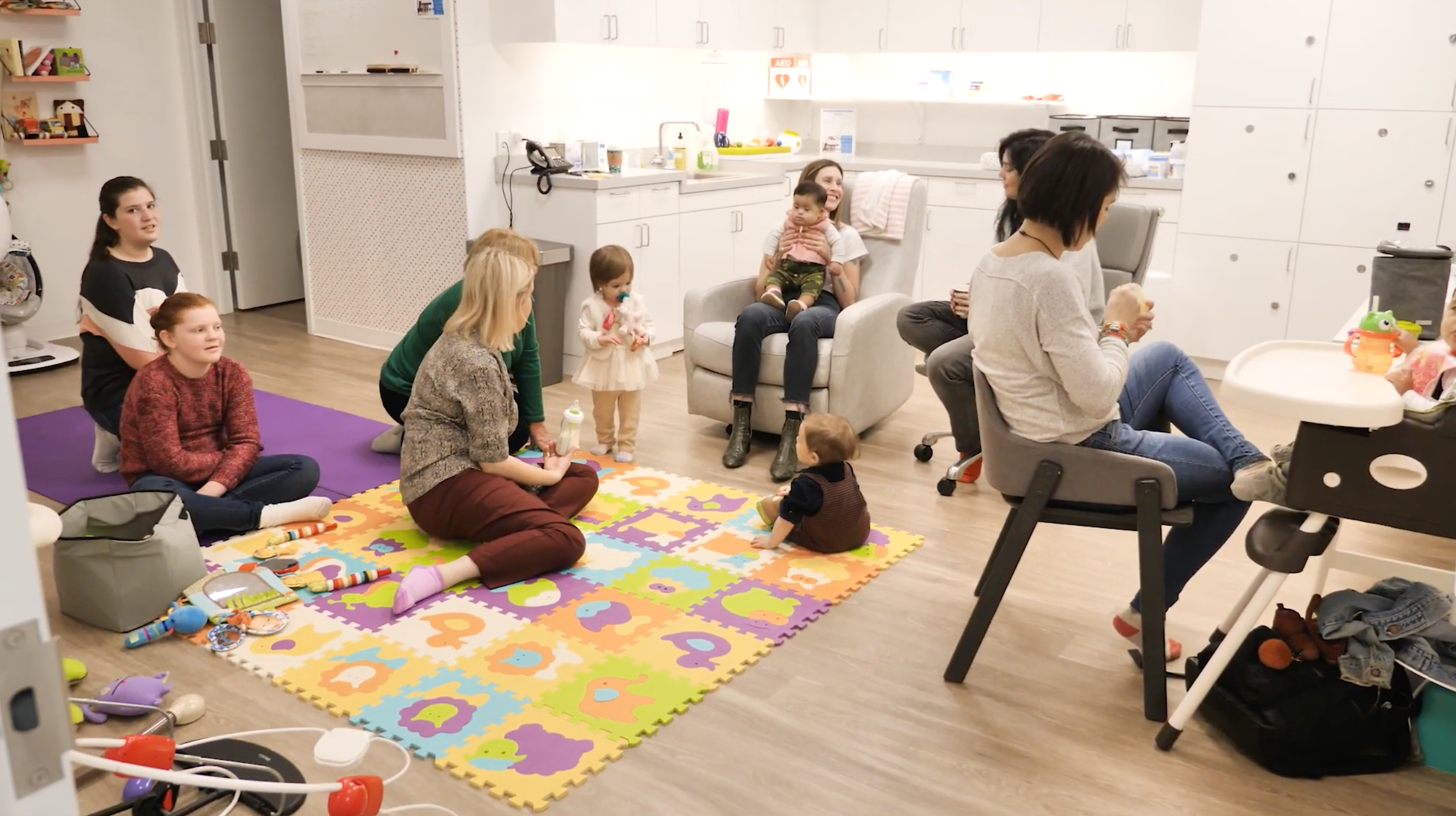
On-Site Nursery
The in-person Day Program offers an on-site nursery where babies can stay while new mothers attend group and individual sessions throughout the day. Our nursery staff are highly skilled and experienced childcare providers who will do their best to follow your baby’s specific sleeping and eating schedules and accommodate your needs.
Partner Support
Partner support is an important component of care in the Day Program. Often, partners have a limited understanding of postpartum depression and other PMADs and are uncertain about what is happening to their loved one and how they can be most supportive. A partners’ support group is offered weekly and covers PMAD psycho-education, support skills, and techniques, and is a space to process their own experiences.


Partner Support
Partner support is an important component of care in the Day Program. Often, partners have a limited understanding of postpartum depression and other PMADs and are uncertain about what is happening to their loved one and how they can be most supportive. A partners’ support group is offered weekly and covers PMAD psycho-education, support skills, and techniques, and is a space to process their own experiences.
Meet your Day Program treatment team
How do I know if the Day Program is right for me?
Usually, the first step in assessing suitability for our Day Program is a 90-minute evaluation with a reproductive psychiatrist or therapist who specializes in postpartum depression and other perinatal mood and anxiety disorders (PMADs). The aim of this initial consult is to get your medical, psychological, and social history, learn about your symptoms, and come up with a strategy for your treatment plan.
If the Day Program is not right for you, your treatment recommendations may include outpatient therapy, medication management, or support groups.
The Day Program can help you feel better if you’re experiencing….
- Prolonged and intense feelings of prenatal and postpartum depression and/or anxiety
- Feeling like you can’t turn your brain off
- Feelings of guilt, shame, helplessness, and that “things will never get better”
- Difficulty getting through daily activities that used to feel much easier
- Not sleeping or sleeping more than usual, not eating or eating more than usual
- Fears and doubts regarding your ability to provide care for your infant and be a mother
- Constantly worrying about breastfeeding, the baby’s sleep, germs, etc.
- Feeling completely overwhelmed or rageful
- Scary and intrusive thoughts, including harming yourself and/or the baby
- Feeling like you want to escape or that your family would be better off without you
Day Program Testimonials
Day Program FAQs
- 01
The Day Program feels like too much of a time commitment—how will I ever be able to do it five days a week?
This is the number one concern we hear from moms/ birthing parents contemplating the Day Program. It’s hard to imagine committing to this program while pregnant, with a baby, with older kids— or a combination of the above. And while it can take a few days to acclimate— moms/birthing parents quickly come to appreciate and enjoy the structure, the interaction with others, and most of all—the rapid reduction of distressing symptoms. We want you to feel comfortable, and we know that life happens, so if you or the baby has a doctor’s appointment or you are not feeling well—you can notify the treatment team. - 02
What do I do with my baby during the Day Program?
We love seeing your baby! Your baby is very much a part of your care. Dyadic Therapy is a treatment form that includes mom/birthing parent and baby by enhancing bonding and attachment. Babies are often present—sleeping, eating, crying, and playing. - 03
What if I have older children?
Many people that participate in the Day Program also have older children. We will work with you to help make the program manageable to ensure you are able to fully participate during the Day Program hours. - 04
How long are people typically in the Day Program?
Everybody in the Day Program experiences their own journey responding to treatment and feeling better. That said, the average length of stay in the Day Program is currently anywhere from 4 - 8 weeks. - 05
What skills will I learn?
The Day Program pulls from a number of empirically proven therapeutic best practices, including interpersonal therapy, cognitive behavioral therapy, dialectical behavioral therapy, dyadic therapy, family therapy, and more. All of these therapeutic modalities offer skills that will assist moms/birthing parents to better manage their anxious and depressive symptoms. - 06
How many people are in the program each day?
The Day Program usually has 10 - 15 attendees in each group, with special programming for expecting moms/birthing parents. - 07
Is the Day Program covered by insurance?
At The Motherhood Center, we don’t want cost to be a barrier to care. If you are considering the Day Program or have been recommended for admission, our dedicated billing team will meet with you one-on-one to discuss how we work with insurance, review any costs, and answer all your questions. We know that when you’re not feeling well, it might be too much to work through the insurance piece on your own. Our team is always happy to speak with partners or family members so that everyone has the information and understands any financial obligation before your admission. - 08
Does the Day Program actually work?
YES! Those who graduate from the Day Program experience a remarkable decrease in symptoms. Many report that the Day Program is a transformative process, helping them to feel better than they ever have before.



